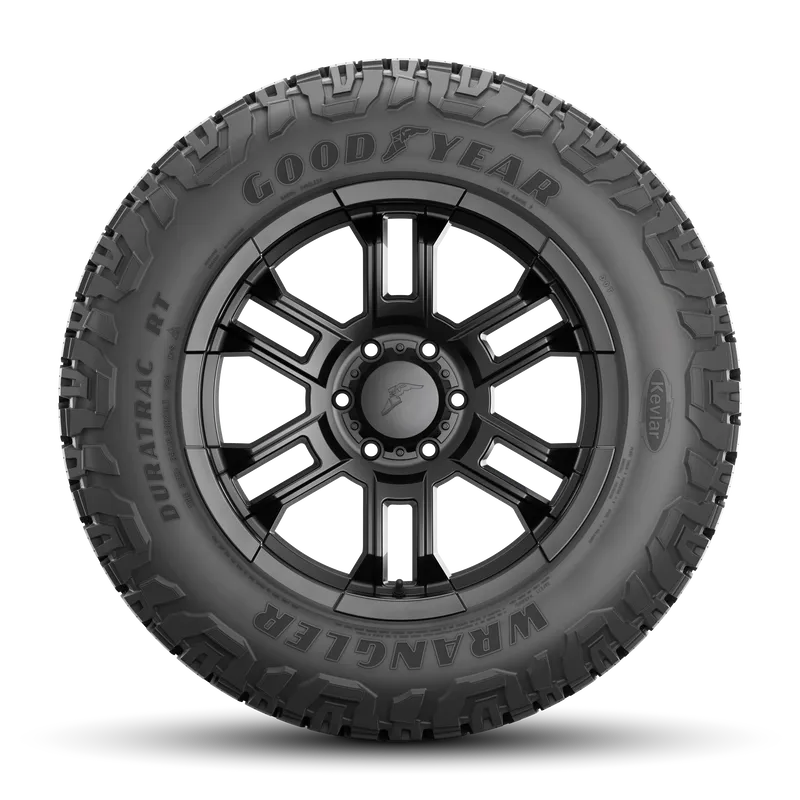All-Season vs. Winter vs. Summer Tires: Which Is Right for You?
Choosing the right tires isn’t just about brand or price; it’s about matching your tires to your driving environment. With so many options, it’s easy to get overwhelmed. Let’s break down the three most common categories: all-season, winter, and summer tires.
All-Season Tires: The Jack-of-All-Trades
All-season tires are designed to handle a little bit of everything: dry roads, wet conditions, and light snow. They’re convenient because you can keep them on year-round, and they typically last longer than seasonal tires.
- Best for: Moderate climates with mild winters
- Pros: Cost-effective, good mileage, no seasonal swap needed
- Cons: Don’t excel in extreme heat or heavy snow
Winter Tires: Safety in the Snow
Winter tires (sometimes called snow tires) use special rubber compounds that stay flexible in freezing temperatures. They also have deeper tread and biting edges to grip snow and ice.
- Best for: Areas with long, snowy winters
- Pros: Improved braking and traction on snow/ice
- Cons: Wear faster in warm weather, need seasonal storage.
Summer (Performance) Tires: Precision and Grip
Summer tires are made for warm weather driving. They excel at handling, cornering, and braking on both wet and dry roads. Performance enthusiasts love them, but they’re not suitable for cold conditions.
- Best for: Hot climates, sporty driving, performance vehicles
- Pros: Maximum grip and handling in warm conditions
- Cons: Dangerous in snow/ice, wear faster than all-seasons
Which One Should You Choose?
Think about your climate and driving style:
- Live in the Northeast, particularly a rural area? A winter/summer tire combo might be best.
- Drive mostly in mild temperatures? All-seasons may be the simplest solution
- Love spirited driving in warm weather? Summer tires will reward you
Takeaway: The “best” tire depends on your environment, habits, and priorities. When in doubt, your local tire expert can help you match the right tire to your lifestyle.



.png)

